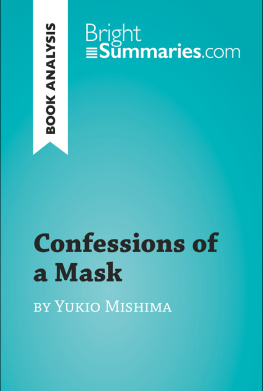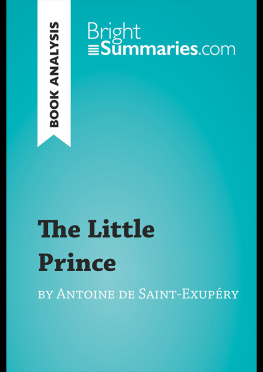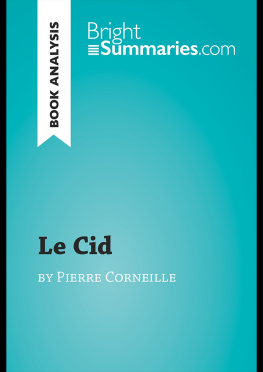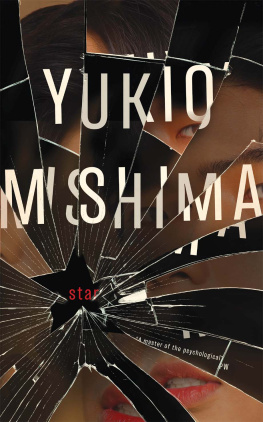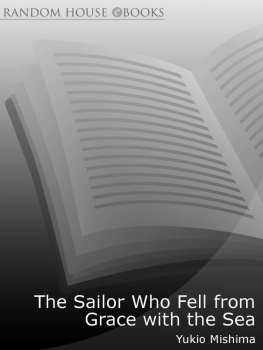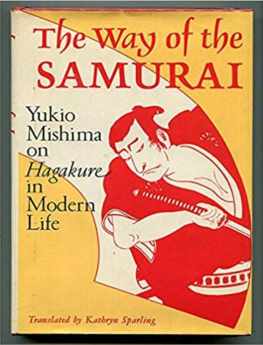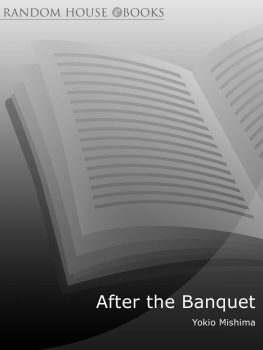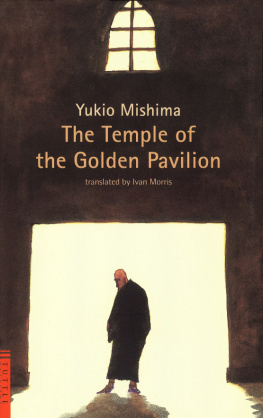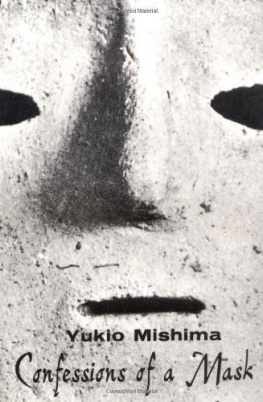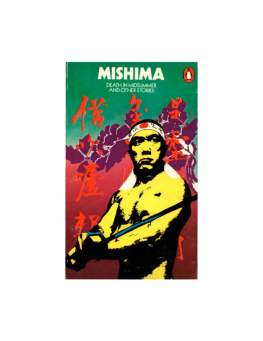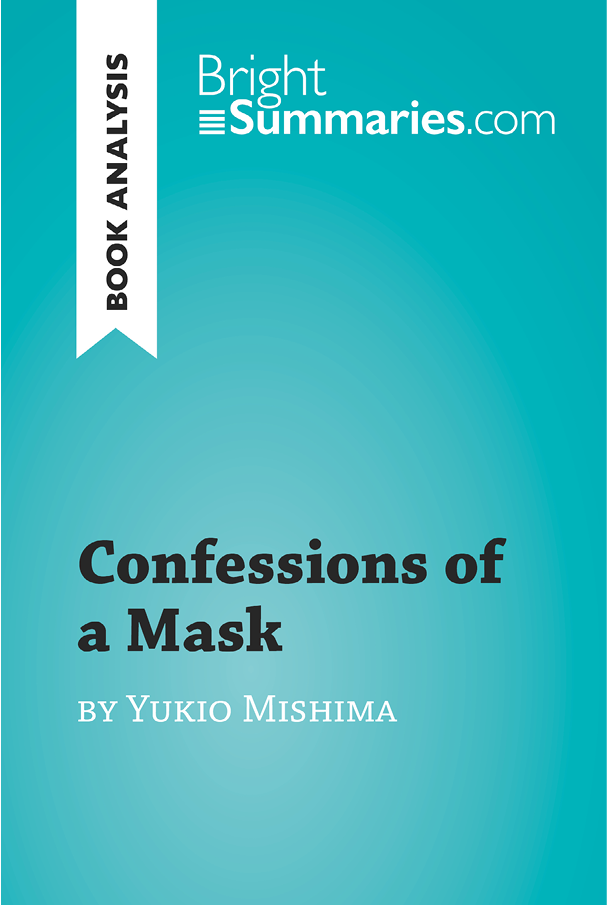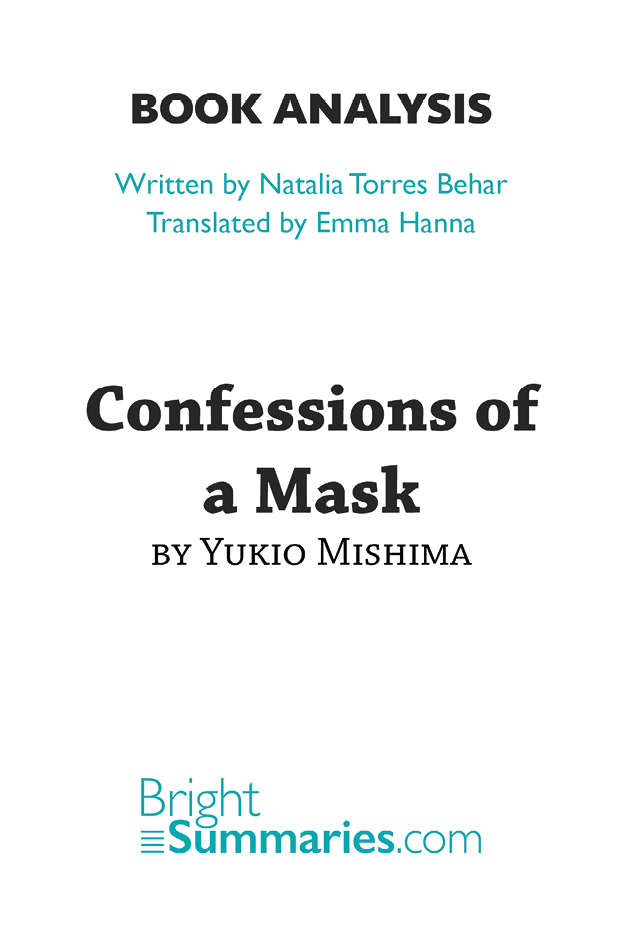Bright Summaries - Confessions of a Mask by Yukio Mishima (Book Analysis): Detailed Summary, Analysis and Reading Guide
Here you can read online Bright Summaries - Confessions of a Mask by Yukio Mishima (Book Analysis): Detailed Summary, Analysis and Reading Guide full text of the book (entire story) in english for free. Download pdf and epub, get meaning, cover and reviews about this ebook. year: 2018, publisher: BrightSummaries.com, genre: Detective and thriller. Description of the work, (preface) as well as reviews are available. Best literature library LitArk.com created for fans of good reading and offers a wide selection of genres:
Romance novel
Science fiction
Adventure
Detective
Science
History
Home and family
Prose
Art
Politics
Computer
Non-fiction
Religion
Business
Children
Humor
Choose a favorite category and find really read worthwhile books. Enjoy immersion in the world of imagination, feel the emotions of the characters or learn something new for yourself, make an fascinating discovery.
- Book:Confessions of a Mask by Yukio Mishima (Book Analysis): Detailed Summary, Analysis and Reading Guide
- Author:
- Publisher:BrightSummaries.com
- Genre:
- Year:2018
- Rating:4 / 5
- Favourites:Add to favourites
- Your mark:
Confessions of a Mask by Yukio Mishima (Book Analysis): Detailed Summary, Analysis and Reading Guide: summary, description and annotation
We offer to read an annotation, description, summary or preface (depends on what the author of the book "Confessions of a Mask by Yukio Mishima (Book Analysis): Detailed Summary, Analysis and Reading Guide" wrote himself). If you haven't found the necessary information about the book — write in the comments, we will try to find it.
This engaging summary presents an analysis of Confessions of a Mask by Yukio Mishima, a daring novel which explores the boundaries and connections between desire, beauty and death. It tells the story of Kochan, a young gay man who is constantly torn between his desire for social acceptance and his vivid inner world of sexual imagery and morbid fantasies, and struggles to reconcile these warring sides of his own personality. Yukio Mishima was one of the foremost Japanese authors of the 20th century, and was considered for the Nobel Prize in Literature on multiple occasions. He was also an ardent Japanese nationalist, and even founded a right-wing militia known as the Tatenokai. In 1970, he led an attempted coup, supported by other members of the militia, in an attempt to restore imperial rule to Japan, and committed ritual suicide when their plan failed.
Find out everything you need to know about Confessions of a Mask in a fraction of the time!
This in-depth and informative reading guide brings you:
- Character studies
- Key themes and symbols
- Questions for further reflection
Why choose BrightSummaries.com?
Available in print and digital format, our publications are designed to accompany you on your reading journey. The clear and concise style makes for easy understanding, providing the perfect opportunity to improve your literary knowledge in no time.
See the very best of literature in a whole new light with BrightSummaries.com!
Bright Summaries: author's other books
Who wrote Confessions of a Mask by Yukio Mishima (Book Analysis): Detailed Summary, Analysis and Reading Guide? Find out the surname, the name of the author of the book and a list of all author's works by series.

